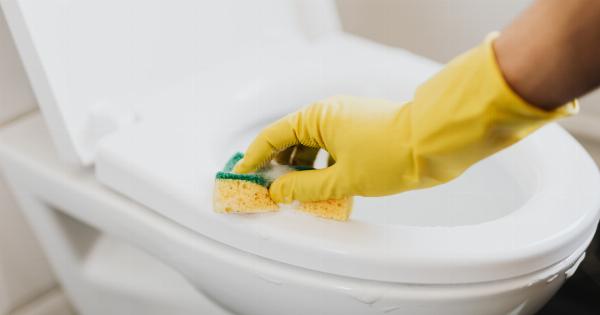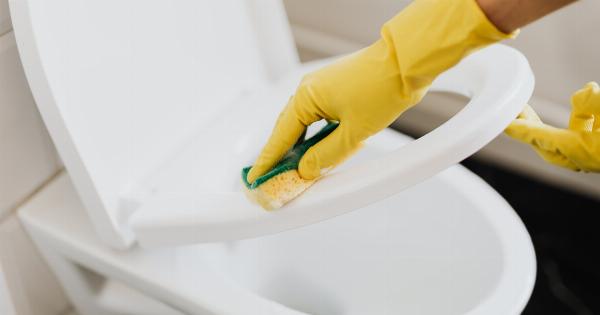The world is full of viruses and bacteria that can cause illness. Despite our best efforts to avoid exposure, we are all likely to come into contact with these harmful organisms from time to time.
However, some items that we use every day can increase our susceptibility to infection. In this article, we’ll explore seven ubiquitous items that may be making you more susceptible to viruses and the flu.
1. Your Cell Phone
Your cell phone goes with you everywhere, and you use it all the time. Unfortunately, that means it’s exposed to all kinds of germs. Studies have shown that cell phones can harbor more bacteria than a public restroom.
Some of the most common bacteria found on cell phones include Staphylococcus aureus, Streptococcus, and Escherichia coli (E. coli). To reduce your risk of infection, clean your phone regularly with alcohol wipes and avoid using it in high-risk areas (like public restrooms).
2. Your Computer Keyboard
Your computer keyboard is another item that can be a breeding ground for bacteria. Studies have shown that keyboards can have more bacteria on them than a toilet seat.
When you type on your keyboard, you’re transferring bacteria from your hands to the keys. To reduce your risk of infection, clean your keyboard regularly with alcohol wipes and wash your hands frequently (especially before using your computer).
3. Your Kitchen Sponge
Your kitchen sponge is meant to clean your dishes, but it can also spread bacteria. Sponges are moist and provide an ideal environment for bacteria to grow. In fact, one study found that kitchen sponges can have more bacteria than a toilet seat.
To reduce your risk of infection, replace your sponge frequently and clean it thoroughly between uses.
4. Your Toothbrush
Your toothbrush is essential for good oral hygiene, but it can also be a source of infection. When you brush your teeth, you create small cuts in your gums that can become infected.
If your toothbrush is contaminated with bacteria, you could be introducing those bacteria into your mouth. To reduce your risk of infection, replace your toothbrush regularly and store it in a clean, dry place.
5. Your Handbag or Backpack
Your handbag or backpack goes with you everywhere, but it can also pick up germs along the way. Studies have shown that handbags and backpacks can harbor more bacteria than a toilet seat.
To reduce your risk of infection, clean your bag regularly with disinfectant wipes and avoid putting it on the ground (where it can pick up even more germs).
6. Your TV Remote
Your TV remote is another item that can be a breeding ground for bacteria. Studies have shown that TV remotes can harbor more bacteria than a toilet seat. When you use your remote, you’re transferring bacteria from your hands to the buttons.
To reduce your risk of infection, clean your remote regularly with alcohol wipes.
7. Your Money
Your money goes through many hands and can pick up germs along the way. Studies have shown that many types of bacteria can survive on money for several hours or even days.
To reduce your risk of infection, wash your hands frequently (especially after handling money) and avoid touching your face after handling money.
Conclusion
These seven ubiquitous items may be making you more susceptible to viruses and the flu. By being aware of the risks and taking steps to reduce your exposure, you can protect yourself and your family from illness.





























